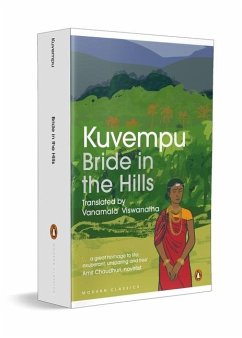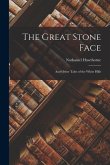Set in the stately, forest-clad hills of Malnad in the Western Ghats during the late nineteenth century, Bride in the Hills tells the love stories of young men and women aspiring for a life of freedom, dignity and fulfilment in marriage within a caste-ridden social order. Kuvempu's multi-centered text, with its organic weave of varied narrative strands, much like the Mahabharata, is epic in substance and style. The novel, which is rooted in the regional realities of Malnad, is yet another example of the diversity of modern Indian literature. Kuvempu (1904-94) chronicles the emergence of a vibrant and complex rural society caught between manipulative colonial norms and discriminatory native practices. Bringing in the distinct experiences of the Shudra lifeworld, he led Kannada literature to great heights with his profound and poetic writing. Kuvempu's cosmic vision of vishva manava (universal man), which transcends narrow, sectarian boundaries, constitutes a precious legacy in the ethical traditions of the world. This epic novel with the sweep of a Tolstoy classic enacts its mission statement: 'Here, nobody is important; nobody is unimportant; nothing is insignificant!' with brilliance, energy and imaginative power.
Hinweis: Dieser Artikel kann nur an eine deutsche Lieferadresse ausgeliefert werden.
Hinweis: Dieser Artikel kann nur an eine deutsche Lieferadresse ausgeliefert werden.








